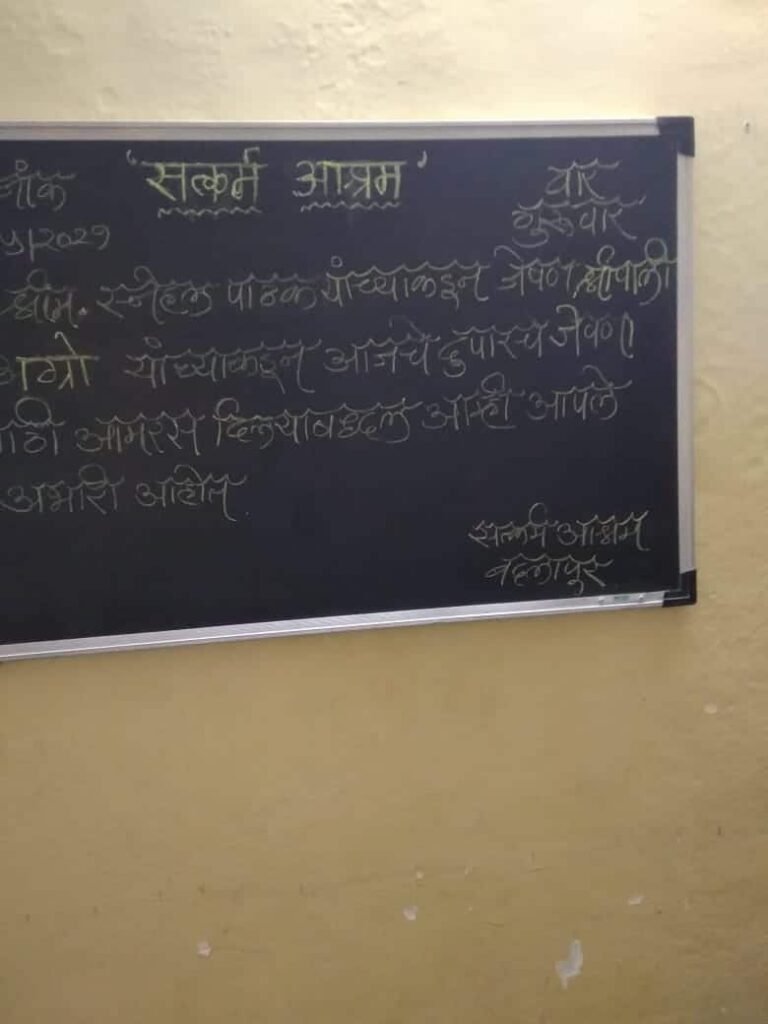Introduction:
Mangoes, known as the king of fruits, have been a significant part of Indian agriculture and culture for centuries. Renowned for their diverse varieties, flavors, and textures, mangoes cultivated in India have garnered widespread adoration domestically and are steadily gaining traction in global markets. The trajectory of Mango Exporter in India has undergone notable transformations recently, spurred by the dynamic interplay of evolving consumer tastes, technological advancements, and shifts in global trade dynamics. This article explores the landscape of mango exports from India, shedding light on emerging trends, pioneering practices, and promising avenues for Indian exporters within the ever-expanding global marketplace.
The surge in global demand for mangoes is intricately intertwined with evolving consumer inclinations and a heightened awareness of the health advantages of mango consumption. This burgeoning trend has created a significant opportunity for Indian exporters, as consumers prefer organically grown and sustainably sourced mangoes.
Furthermore, the dynamics of consumer preferences are undergoing a notable transformation, with a palpable inclination towards exotic mango varieties such as Alphonso and Kesar gaining traction. This trend is particularly pronounced in affluent markets like the US and Europe, where discerning consumers prioritize unique and high-quality fruit options. The allure of these premium mango varieties lies in their distinctive flavors and textures and their perceived status as gourmet delicacies. Consequently, exporters who can supply these sought-after mango varieties stand to capitalize on this shifting landscape of consumer preferences. By catering to the demand for premium, exotic mangoes and aligning their production methods with sustainability and organic principles, Indian exporters can position themselves at the forefront of this burgeoning market segment.
Integrating advanced technologies in farming and post-harvest management is revolutionizing agricultural practices. Precision agriculture, employing drones and IoT sensors, facilitates optimized farm operations and elevates produce quality. Additionally, implementing cold chain logistics and storage solutions extends the shelf life of perishables while minimizing post-harvest losses, guaranteeing the delivery of fresh produce to global markets.
Similarly, exploring blockchain technology offers promising prospects for enhancing transparency and traceability throughout the supply chain, effectively tackling food safety and authenticity issues. These technological advancements signify a paradigm shift in the agricultural sector, fostering efficiency, sustainability, and reliability in food production and distribution systems.
Indian exporters are increasingly adopting sustainable farming methods, including organic cultivation and integrated pest management, to cater to the rising demand for environmentally friendly products. This shift towards sustainability reflects a commitment to responsible agricultural practices. Certifications such as Fair Trade and Global G.A.P. are pivotal in enhancing market access and credibility for Indian mango exporters. Particularly in Western markets where sustainability is a crucial priority, these certifications signify adherence to rigorous standards and ethical production processes. By embracing sustainable practices and obtaining relevant certifications, Indian exporters meet consumer expectations and contribute to the global effort towards environmental conservation.
This strategic approach benefits the environment and ensures long-term viability and competitiveness in international markets. Adopting sustainable practices and certifications signifies a proactive stance towards sustainability, aligning Indian exporters with global trends and consumer preferences.
Indian mango exporters are broadening their horizons beyond the traditional US and European markets, aiming to diversify their customer base by tapping into emerging markets in Asia, Africa, and the Middle East. This strategic move involves establishing partnerships with stakeholders such as retailers, distributors, and e-commerce platforms to enhance market penetration and elevate brand recognition worldwide. By venturing into new territories, exporters seek to reduce reliance on established markets while capitalizing on the growing demand for Indian mangoes across diverse regions. These efforts signify a proactive approach to expanding market reach and ensuring sustained growth in the face of evolving global trade dynamics.
The Indian government is actively fostering the growth of mango exports through various supportive policies and initiatives. These measures encompass financial aid to enhance infrastructure crucial for export activities and implement export promotion schemes and facilitation initiatives to streamline trade processes. The government aims to bolster the logistical framework necessary for efficient Mango Exporter in India by offering financial assistance for infrastructure development. Additionally, export promotion schemes are being deployed to incentivize and support exporters in expanding their reach into global markets. Moreover, trade facilitation initiatives are being implemented to simplify trade procedures and reduce bureaucratic hurdles, enabling smoother export processes.
Furthermore, the Indian government's engagement in bilateral and multilateral trade agreements holds significant promise for mango exporters. These agreements open fresh avenues for mango exports by dismantling trade barriers and reducing tariffs in targeted markets. Such agreements enhance market access and foster an environment conducive to increased trade volumes and profitability for mango exporters. Through a combination of financial support, export promotion schemes, and trade agreements, the government endeavors to fortify the position of Indian mango exporters in the global market, thereby contributing to the growth and sustainability of this vital sector.
Product development and marketing in India are undergoing a transformative phase marked by innovative strategies to meet diverse consumer demands and enhance the longevity of perishable goods. Indian exporters are venturing into value-added products like mango pulp, puree, and dried mango slices to capitalize on consumer preferences and address the challenge of perishability. These endeavors not only widen the product range but also extend the shelf life, ensuring a sustainable market presence.
Furthermore, the marketing landscape has evolved significantly with the integration of digital platforms. Exporters are harnessing the power of digital marketing tools such as social media campaigns and e-commerce platforms to connect with consumers globally. Through engaging content and interactive campaigns, exporters foster brand loyalty and trust among international consumers. This direct engagement also provides invaluable insights into consumer preferences and market trends, enabling exporters to adapt their strategies swiftly.
Climate change presents formidable challenges to mango production, manifesting irregular flowering, pest infestations, and diminished yields. To address these hurdles, embracing climate-resilient farming techniques and diversifying crops emerges as pivotal strategies. Farmers can fortify their resilience against adverse climatic conditions by implementing such practices.
Moreover, meeting rigorous quality and food safety standards in critical markets demands substantial infrastructure, technology, and capacity-building investments. Collaborative efforts with regulatory bodies and certification entities are indispensable to guarantee adherence to these standards, sustaining market access and consumer trust.
Fostering partnerships with stakeholders across the agricultural spectrum becomes imperative to foster innovation, knowledge exchange, and resource-sharing. Industry players can enhance their preparedness for climate-induced challenges through collective action and navigate evolving market dynamics more effectively.
In essence, confronting the multifaceted impacts of climate change on mango cultivation necessitates a comprehensive approach that integrates adaptive farming practices, compliance with stringent standards, and collaborative engagements across the supply chain. Embracing resilience-building measures safeguards agricultural livelihoods and ensures the continuity of mango production in a changing climate landscape.
Shreevali Agro, a leading provider of mango export services in India, offers a comprehensive range of solutions to meet global demand. Specializing in mango exports from India to key markets such as the USA, Canada, Singapore, and London, Shreevali Agro ensures the delivery of high-quality mangoes, including renowned varieties like Devgad Alphonso and Hapus, at competitive wholesale prices. With a focus on facilitating bulk purchases and meeting the needs of mango sellers worldwide, Shreevali Agro stands as a reliable partner in the fruit export industry.
The future of mango exports from India appears promising, driven by increasing global demand and technological advancements. As consumer preferences evolve, Indian exporters can leverage sustainability practices and innovative approaches to capture emerging markets. Through strategic collaborations and a commitment to excellence, the Indian mango industry is primed for sustained growth and success on the international platform.
Government support and industry partnerships are vital in expanding mango exports from India. By emphasizing quality control and adhering to stringent standards, Indian exporters can solidify their position as providers of premium mangoes worldwide. As the global appetite for mangoes grows, India's diverse range of delicious and high-quality produce ensures its relevance and competitiveness in the international market.
In conclusion, the outlook for mango exports from India is optimistic, buoyed by increasing demand, technological advancements, and evolving consumer preferences. With a focus on sustainability, innovation, and market diversification, Indian exporters can capitalize on emerging opportunities and meet the growing global demand for mangoes.
Note: MANGO..uum pronounced as mango..yum
Shreevali Agro™ interacted with #Emerging #Alphonso #Mango #Farmers from #Sindhudurg (#Devgad #Vengurla #Malvan). The #GuidanceMeet event was well organized by Sindhudurg District Mango Commercial Co-operative Society Limited.
Event covered all topics between #SoilToSell including #Insurance followed by #GI (Geographical Indication) #Certificate distribution.
For #Insurance, special thanks to Mangesh Patankar who helped connect with Apoorva Tatia from Reliance General Insurance. Siddhesh Yedwe from Apporva's Team helped address many queries.
Such #bonding and #collaboration with #farmers is what gives us immense sense of achievement and keep us grounded.
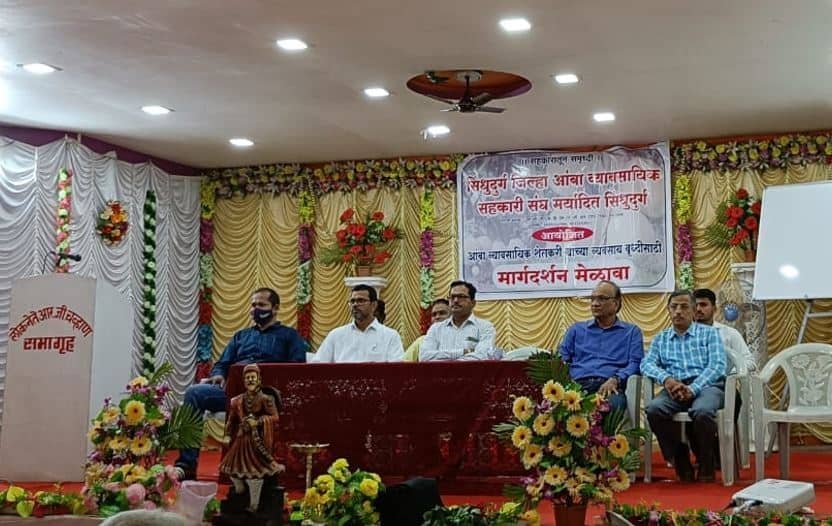
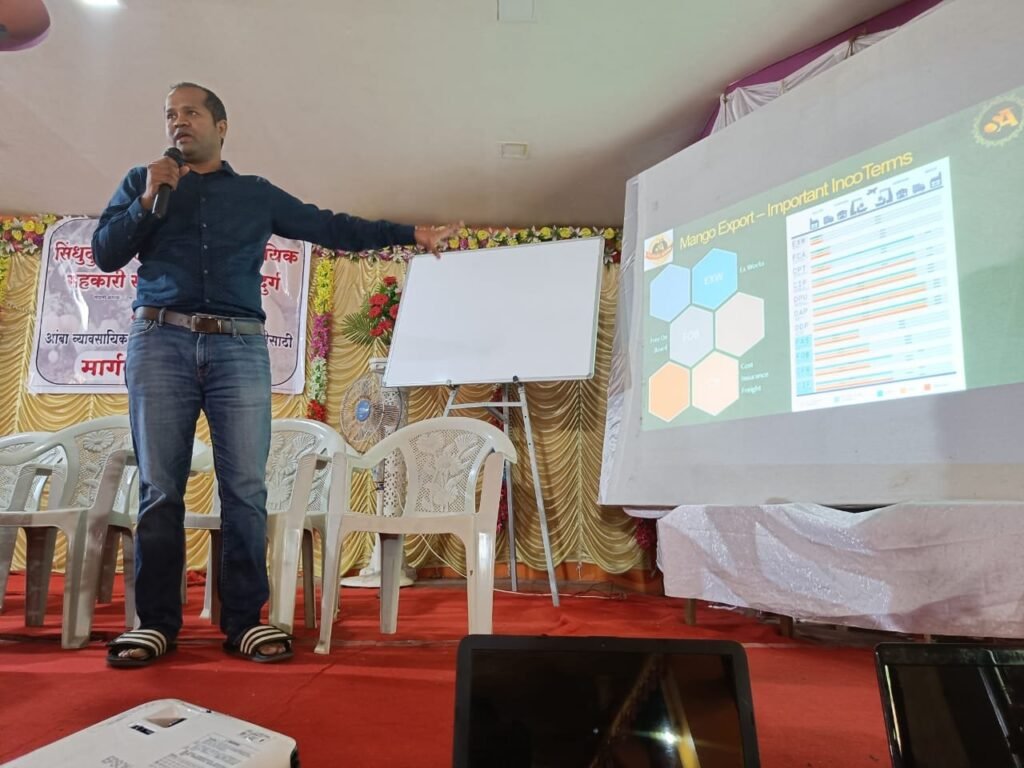
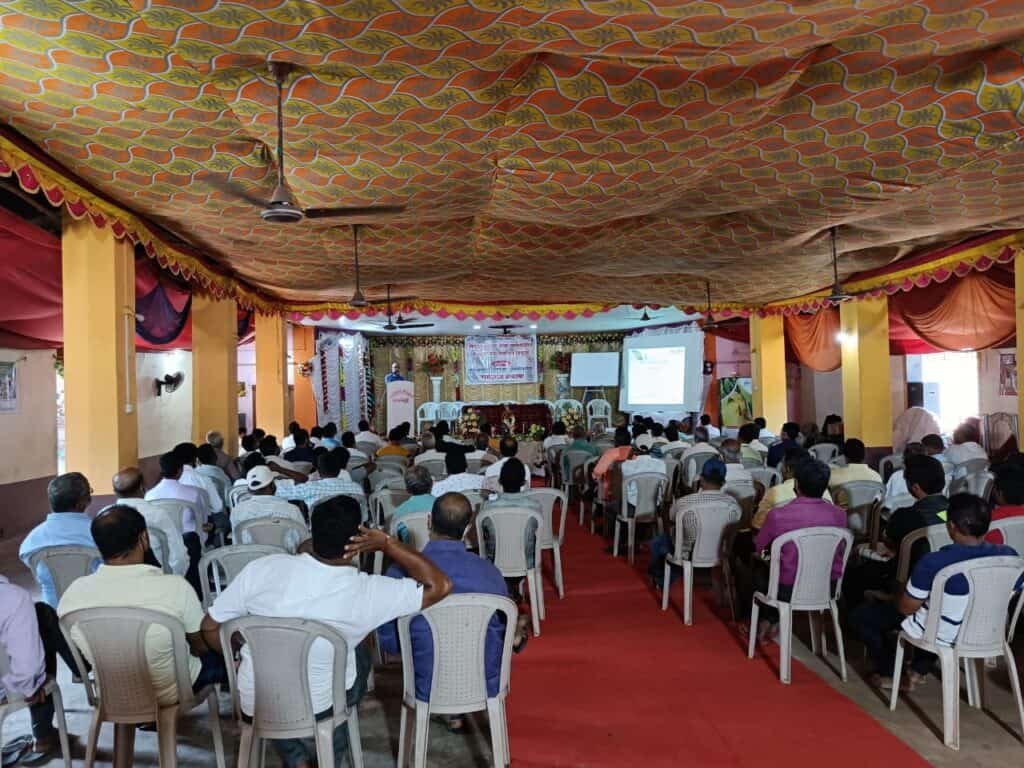
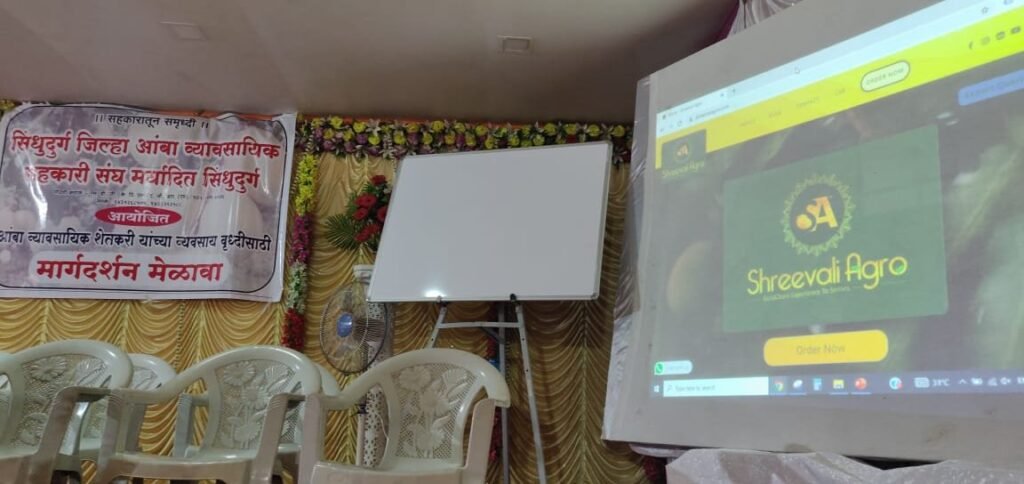

#Virtual stall of #ShreevaliAgro is all set at Virtual Trade Fair (#VTF). Guess what, you don't have to walk ( read scroll) too much, its corner stall in first row.
VTF is will cover INDIAN FRUITS, VEGETABLES & FLORICULTURE (MAY 27TH, 28TH & 29TH, 2021).
Thanks to The Agricultural and Processed Food Products Export Development Authority (APEDA) for organizing one-of-a-kind event!
Visit VTF : https://vtf.apeda.gov.in/
#premium#alphonso#mangoes#mango#devgad#export#trade#eximtrade





Reaching out to the underprivileged..




